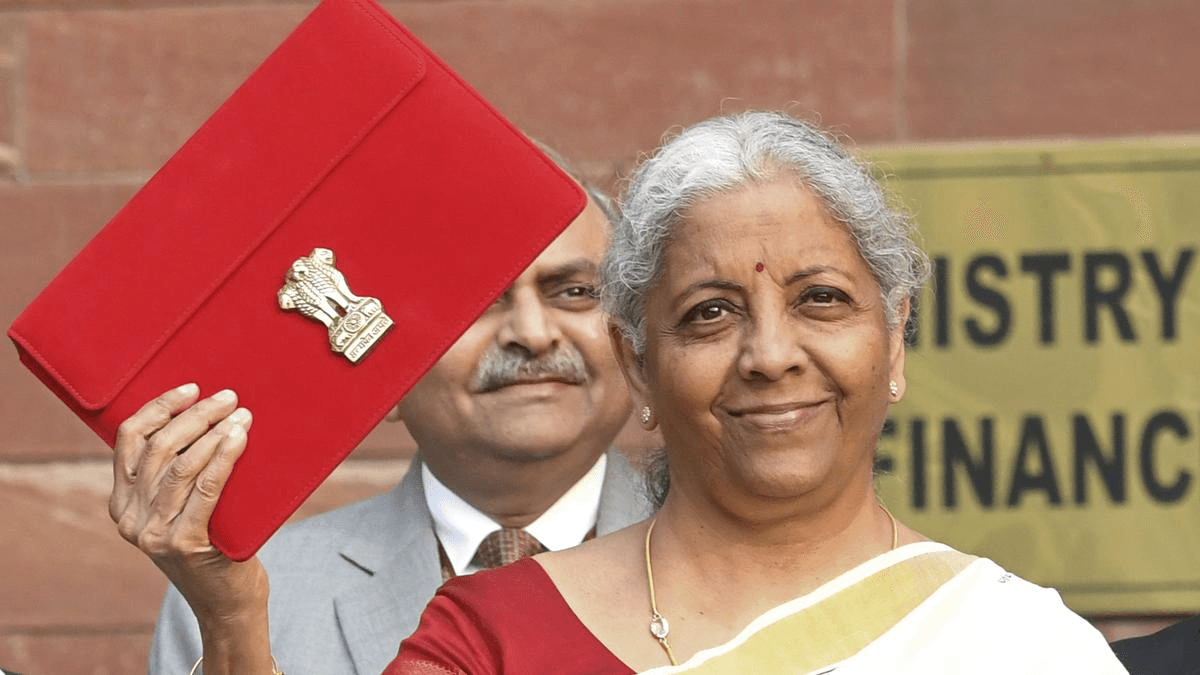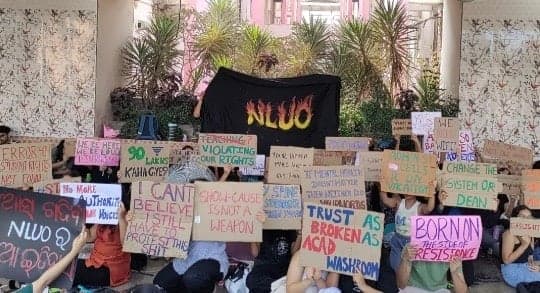
A breakthrough has been made in the ongoing discussions regarding the Minimum Support Price (MSP) for crops. A delegation from the Union Agriculture Ministry, led by Joint Secretary Priya Ranjan, met with Jagjit Singh Dallewal, the fasting farmer leader and convener of the Samyukta Kisan Morcha (Non-Political). Mr. Dallewal has been on an indefinite hunger strike at the Khanauri border since November 26th and has now reached his 54th day of fasting.
Following the announcement of the proposed meeting, Mr. Dallewal agreed to receive medical attention. However, farmer leader Sukhjit Singh Hardojhande stated that he will not end his fast unless a legal guarantee on the MSP for crops is provided.
This development marks a significant step in the ongoing dialogue between the government and farmer organizations on the crucial issue of MSP. The debate over MSP presents a major challenge. While farmers deserve a fair price, and the Swaminathan Commission's C2+50% formula provides a solid basis for determining a reasonable MSP, the broader economic impact of ensuring high MSP across all crops needs to be considered.
Although MSP benefits a specific section of society—the farmers—the financial burden is borne by the entire nation. It is important to recognize that MSP is not a guaranteed right but rather an incentive for farmers. This policy can disproportionately affect the most vulnerable farmers, such as landless labourers and small and marginal farmers, who are often net buyers of food and may struggle to cultivate specific crops.
Under the new farm laws, Agricultural Produce Market Committees (APMCs) will not be shut down, as many had feared, and will remain available as an option for farmers to sell their produce. The government has simply provided farmers with the freedom to sell their produce outside of APMCs. However, these laws introduce a new set of markets where buyers will not be legally required to pay the MSP.
Since private markets will not be charged any market fees, the agricultural sector is expected to gradually shift trade from APMC mandis to private yards. This shift could potentially lead to the decline of APMC mandis, raising concerns among farmers.
WHAT ARE THE KEY DEMANDS APART FROM MSP?
Pension of 10,000 INR per month for every farmer above 60 years
Fixed daily wages for farming to the farmers under MGNREGA, Rs 700 a day with 200 days of guaranteed employment a year.
Government to ensure at least 50% profit over their overall cost of production.
Justice for Lakhimpur Kheri violence
Urge the government to fulfill its promise to double farmers' incomes, highlighting the surge in cultivation costs over recent years and the stagnation of incomes, which has rendered farming a loss-making enterprise.
Call for the withdrawal of legal cases filed against protesters during the previous agitation in 2020-21.
Agriculture is primarily a state subject. The central government's intervention in this domain raises important questions about federalism and the balance of power between the center and states.Moving forward, we need to find a balanced approach that addresses the legitimate concerns of farmers while also considering the broader economic and social implications. This may involve exploring alternative mechanisms to ensure farmer welfare, strengthening the regulatory framework to safeguard the interests of all stakeholders, and fostering a more inclusive and equitable agricultural market system.
Ultimately, the goal should be to create a system that empowers farmers, ensures food security for all, and promotes sustainable and equitable agricultural development.
Written by Rahul Gulati


